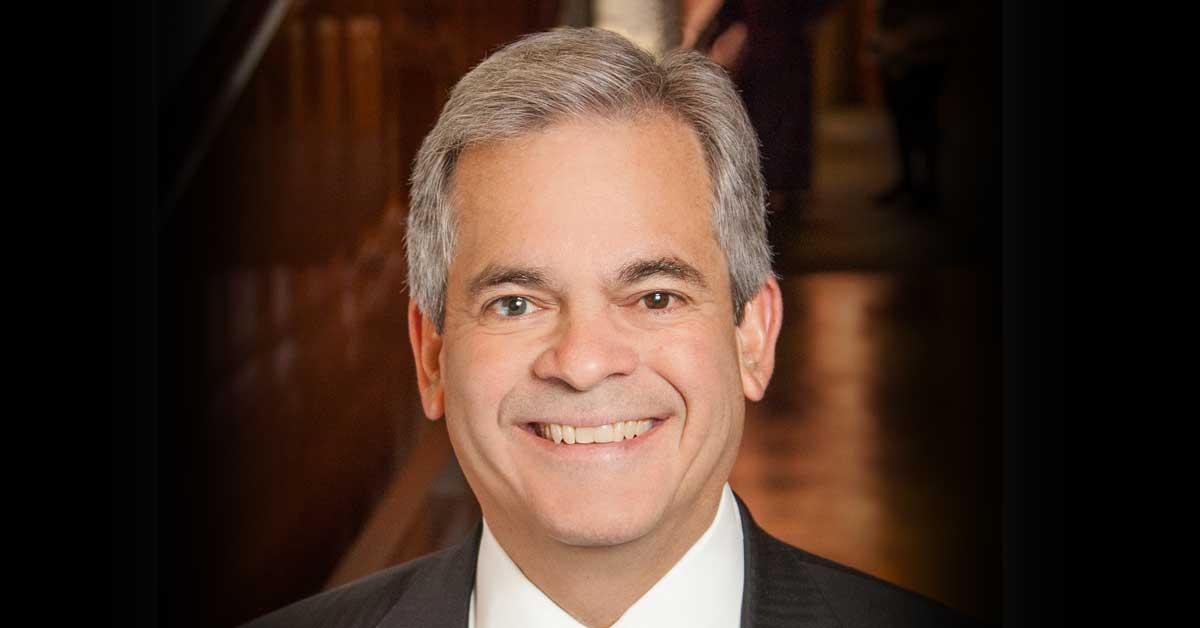Austin Mayor Touts the Value of Immigrants as City is Recognized in NAE Cities Index
Date: August 25, 2018

Austin, Texas, is known for being one of the most creative, innovative cities in the United States. It’s why Steve Adler is so proud to be the city’s mayor—and he knows that to maintain the city’s vibrancy it needs to celebrate its immigrant residents. In Austin, more than 18 percent of all residents are foreign–born, and 24 percent of all new businesses are founded by foreign-born entrepreneurs. “Immigration has always helped make America stronger, and it continues to do that, especially in Austin,” Adler says. “The talent, the workforce, the energy—it creates a better quality of life.”
Immigration has always helped make America stronger, and it continues to do that, especially in Austin.”
With this understanding, the city makes dedicated efforts to ensure that its immigrant residents feel welcome, appreciated and safe. In New American Economy’s new Cities Index report, which rates the American cities most welcoming to immigrants, the city is ranked particularly high in Community. This includes providing funding or in-kind support for immigrant organizations and activities and partnering with local organizations that provide information and services to immigrants.
The city is now designating significant resources to providing immigrants and refugees with legal services. They are increasing multi-lingual access and cultural competency across government agencies and investing millions in cultural centers. Austin is also working more closely with Hispanic, Asian and African American quality-of-life commissions to get their input on the city budget. In June 2018, the Austin city council passed a resolution directing the city manager to explore establishment of an Office of Immigrant Affairs, which will advise the city council on issues of common concern to immigrants, particularly in the areas of health and human services, education, and the demographic makeup of the Austin immigrant community.
Adler says maintaining a welcoming environment benefits everyone. “We are safest when everyone is safe, and providing opportunities for people to get into the job market makes our economy stronger for everybody,” he says.
Immigrants and refugees also enrich the cultural fabric of the city, which makes the city more exciting and also attracts employers like Google, Apple, and Facebook. “These big companies are here because their employees want to live in a city like Austin,” Adler says. “Innovative people self-select to be in this city—the culture that we have as a welcoming city attracts the people who bring that economic benefit.”
He adds that the work and labor provided by undocumented immigrants is also essential to the economy. “They do more for our economy than they take,” he says. He knows that Texas would lose an estimated 400,000 jobs and $69 billion a year in economic activity if undocumented immigrants were removed from their communities.
Austin’s immigrants appreciate the respect and support they receive there; a recent city survey found that that 74 percent said Austin was welcoming. “They are appreciative when city leaders like myself frequently point out that incidents of crime are lower among immigrants,” Adler says. “I think they sense the broad support in the community to ensure they are safe and given equal access and opportunity. But we could also was do better—I hear that, too. We are always looking to improve.”